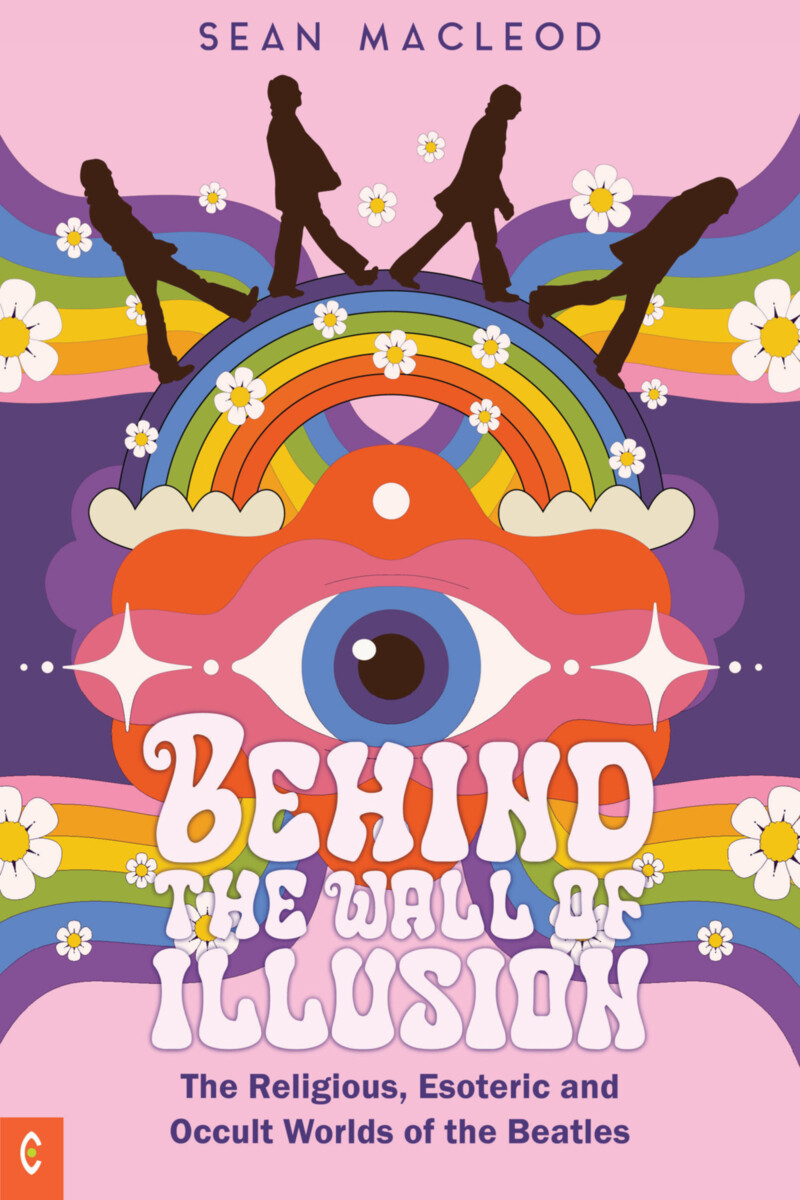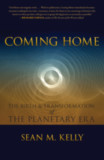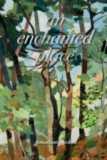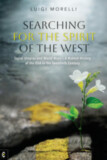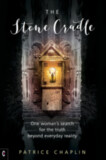Behind the Wall of Illusion
The Religious, Esoteric and Occult Worlds of the Beatles
- Publisher
Clairview Books - Published
18th July 2023 - ISBN 9781912992461
- Language English
- Pages 284 pp.
- Size 6" x 9.25"
The Beatles brought color, joy, freedom, and love to a grey, postwar world. But the most successful group in popular music history also harbored hidden, sometimes darker worlds and influences that are often downplayed by their biographers. In their career, the Fab Four crossed paths with many spiritual movements, religious groups, esoteric philosophies, and mystical teachings. Inevitably, their thinking was affected by the ideas they encountered. These ideas in turn helped shape their music and—given their vast popularity—public consciousness.
The book also examines the spiritual inspirations that the Beatles brought to the changing cultural landscape of the 1960s. From the popularization of the new religion of rock ‘n’ roll, Beatlemania (the “new Cult of Dionysus”) and John Lennon’s explosive statement that the Beatles were “bigger than Jesus,” Sean MacLeod takes us on a tour of Indian ashrams, questionable gurus, and hallucinatory drugs. He also studies the “clues” secreted in the Beatles’ record album covers and films; the growing rumors that Paul had been killed in a car crash and covertly replaced; and the tragic assassination of John Lennon and the unknown perpetrators behind the crime.
Behind the Wall of Illusion is an indispensable book for any lover of the Beatles.
Sean MacLeod
Sean MacLeod is a musician, songwriter, and author from Dublin. He has been writing music, recording, and performing for more than thirty years and maintains a keen interest in popular music. He has also written three books on the influence of music on modern culture. Sean has a deep interest in philosophy—the work of Rudolf Steiner in particular—which he has attempted to marry to his interest in music. He teaches film, music, and media studies at Limerick College of Further Education in Ireland and is finishing a PhD in Arts Practice at the University of Limerick, employing Steiner's phenomenological methods as a major research tool.


